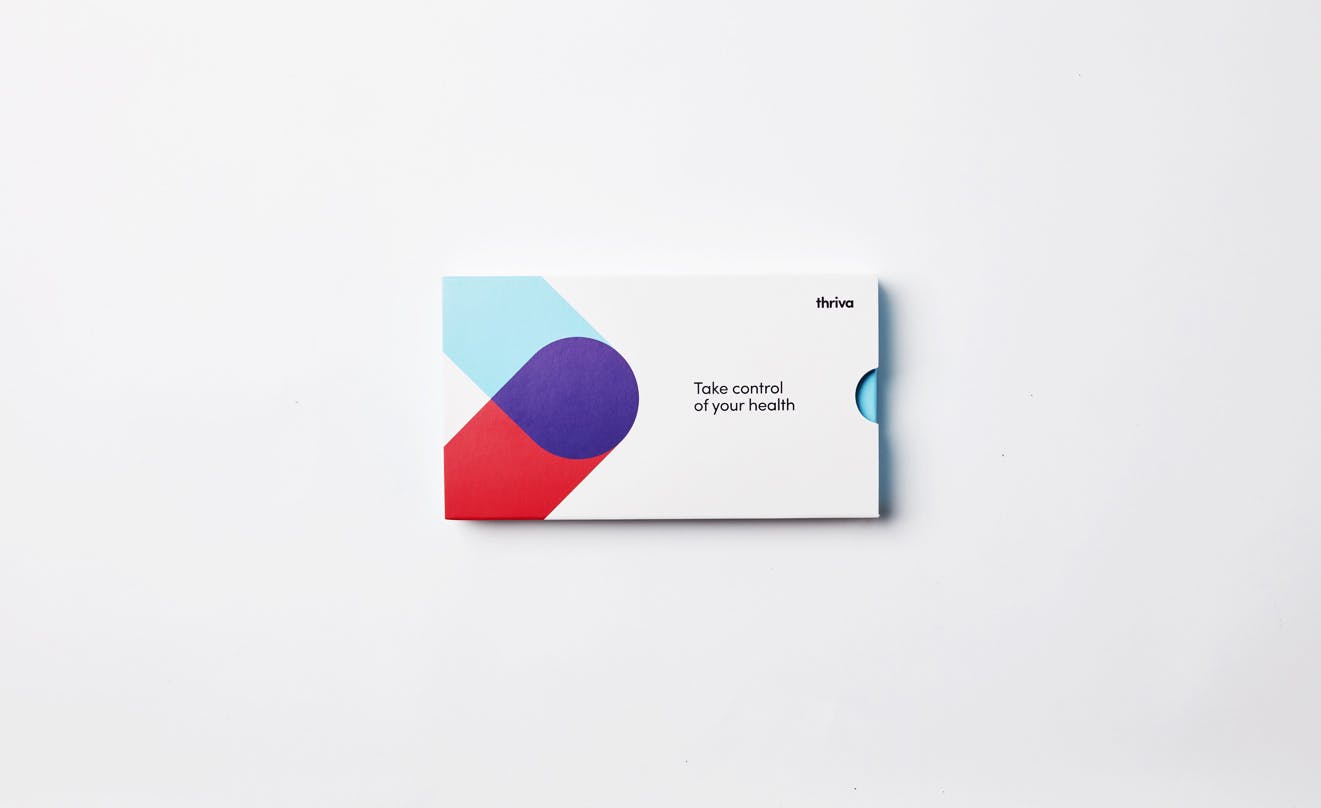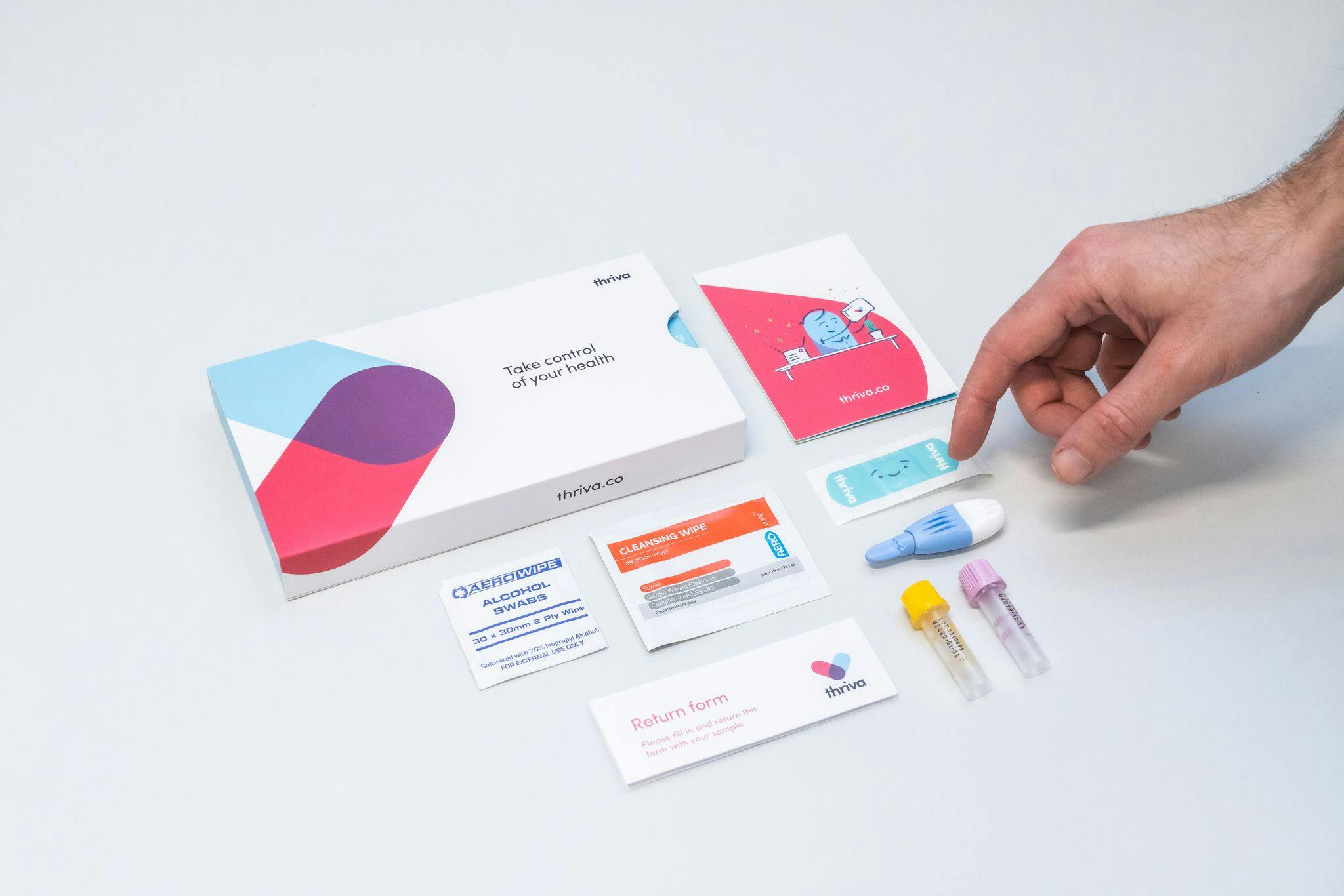HbA1c blood test
£51.30
- See your results change over time with trend charts
- Make lifestyle changes and see how they improve your health
- Change what you're testing, pause or cancel anytime
- Free delivery
- Test arrives in 1-2 working days
- Results in as little as 48 hours
By checking your HbA1c levels regularly, you can understand your risk of pre-diabetes and diabetes.
Type 2 diabetes tends to affect men earlier in their lives than women. But women who have polycystic ovary syndrome (PCOS) have a greater risk of developing type 2 diabetes due to increased insulin resistance.
This test might also be helpful if:
- you're over the age of 45 — your risk of diabetes increases with age
- you've had gestational diabetes in the past
- if you have a parent or sibling with type 2 diabetes
- have other medical conditions — like heart disease, high blood pressure, PCOS, or high cholesterol
- you're carrying excess weight
- you're physically inactive
Find out how to manage your HbA1c levels with evidence-based advice from our GPs in a detailed report.
What's covered in this blood test?
3-month glucose (HbA1c)
How it works

Do your test
Your kit arrives in 1-2 days. Find out how to collect your sample at home. You’ll need to fill 1 tube for this test — around 10 drops of blood.

Fast, accurate results
Free post your sample to our lab and get your results in as little as 48 hours. Access your GP-reviewed report in your results dashboard.

Support your health
Our doctors give you evidence-based tips to help you support your health. And you can access articles, podcasts, and recipes.


